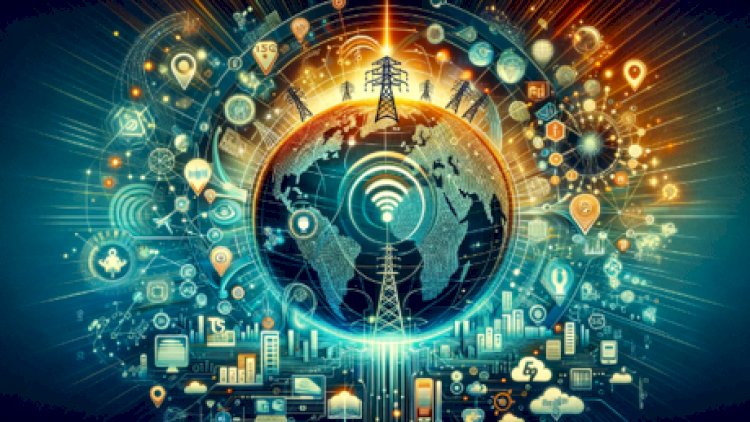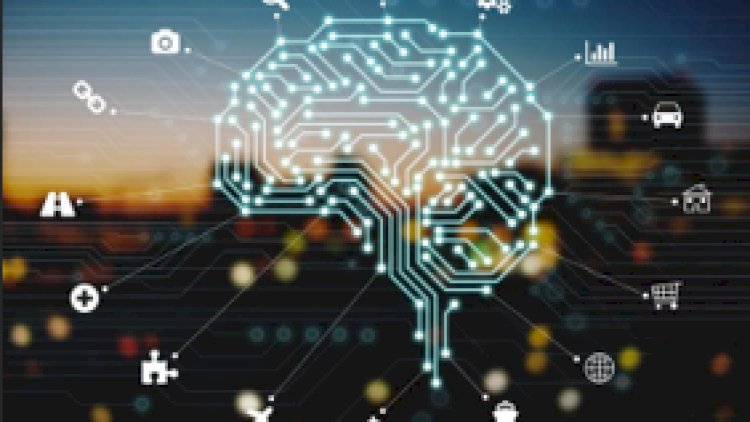AI-Driven Energy Efficiency in Buildings
AI-driven energy efficiency in buildings is transforming the way we manage and reduce energy consumption. By leveraging advanced algorithms and real-time data, AI optimizes heating, cooling, lighting, and other systems to create smarter, greener buildings. This blog explores the key areas where AI is making significant strides in enhancing energy efficiency in the built environment.

1. Smart HVAC Systems AI-powered HVAC (Heating, Ventilation, and Air Conditioning) systems utilize machine learning algorithms to analyze data from sensors and weather forecasts. These systems adjust temperature settings automatically to ensure optimal comfort while minimizing energy usage. Predictive maintenance features also help identify potential issues before they become costly problems, enhancing system efficiency and lifespan.
2. Intelligent Lighting Solutions AI-enabled lighting systems adjust illumination based on occupancy, natural light availability, and time of day. These systems use sensors and smart algorithms to provide the right amount of light when and where it's needed, reducing energy waste. Additionally, AI can integrate with building management systems to create lighting schedules that align with occupants' patterns and preferences.
3. Energy Management Platforms AI-driven energy management platforms collect and analyze data from various building systems to provide insights into energy consumption patterns. These platforms offer recommendations for energy-saving measures and can automatically adjust settings to optimize performance. By identifying inefficiencies and suggesting corrective actions, AI helps building managers reduce energy costs and environmental impact.
4. Predictive Analytics for Building Maintenance AI uses predictive analytics to forecast maintenance needs and system failures. By analyzing historical data and current performance metrics, AI can predict when equipment is likely to fail or require servicing. This proactive approach to maintenance reduces downtime, extends the lifespan of building systems, and ensures that they operate at peak efficiency.
Conclusion:
AI is revolutionizing energy efficiency in buildings by providing intelligent solutions that optimize system performance and reduce energy consumption. Smart HVAC and lighting systems, energy management platforms, and predictive maintenance are just a few ways AI is contributing to greener, more efficient buildings. As AI technology continues to advance, its role in creating sustainable, energy-efficient buildings will only grow, benefiting both the environment and building occupants. Embracing AI-driven energy efficiency not only reduces operational costs but also supports global efforts to combat climate change and promote sustainability.




































Comments (0)